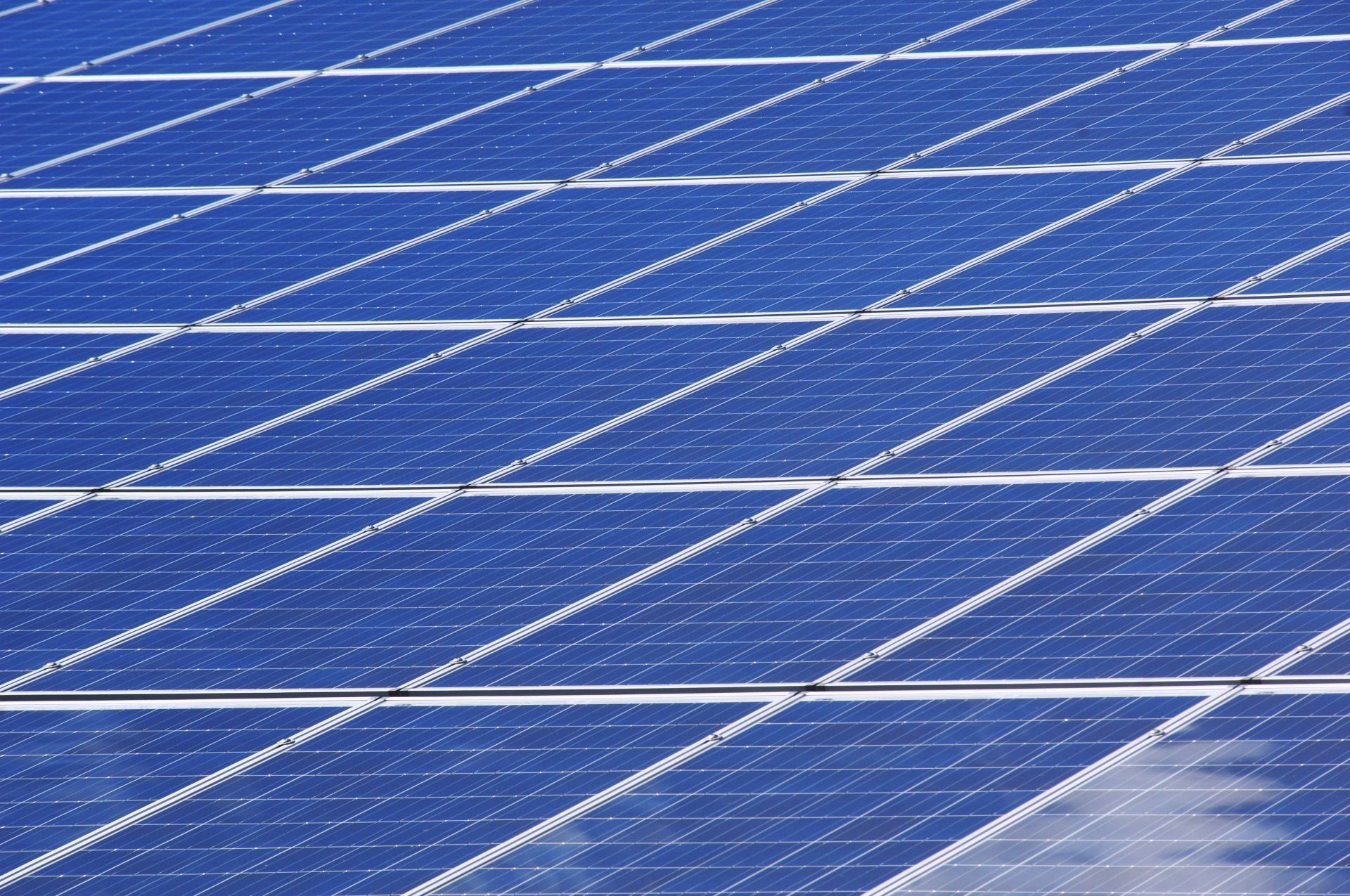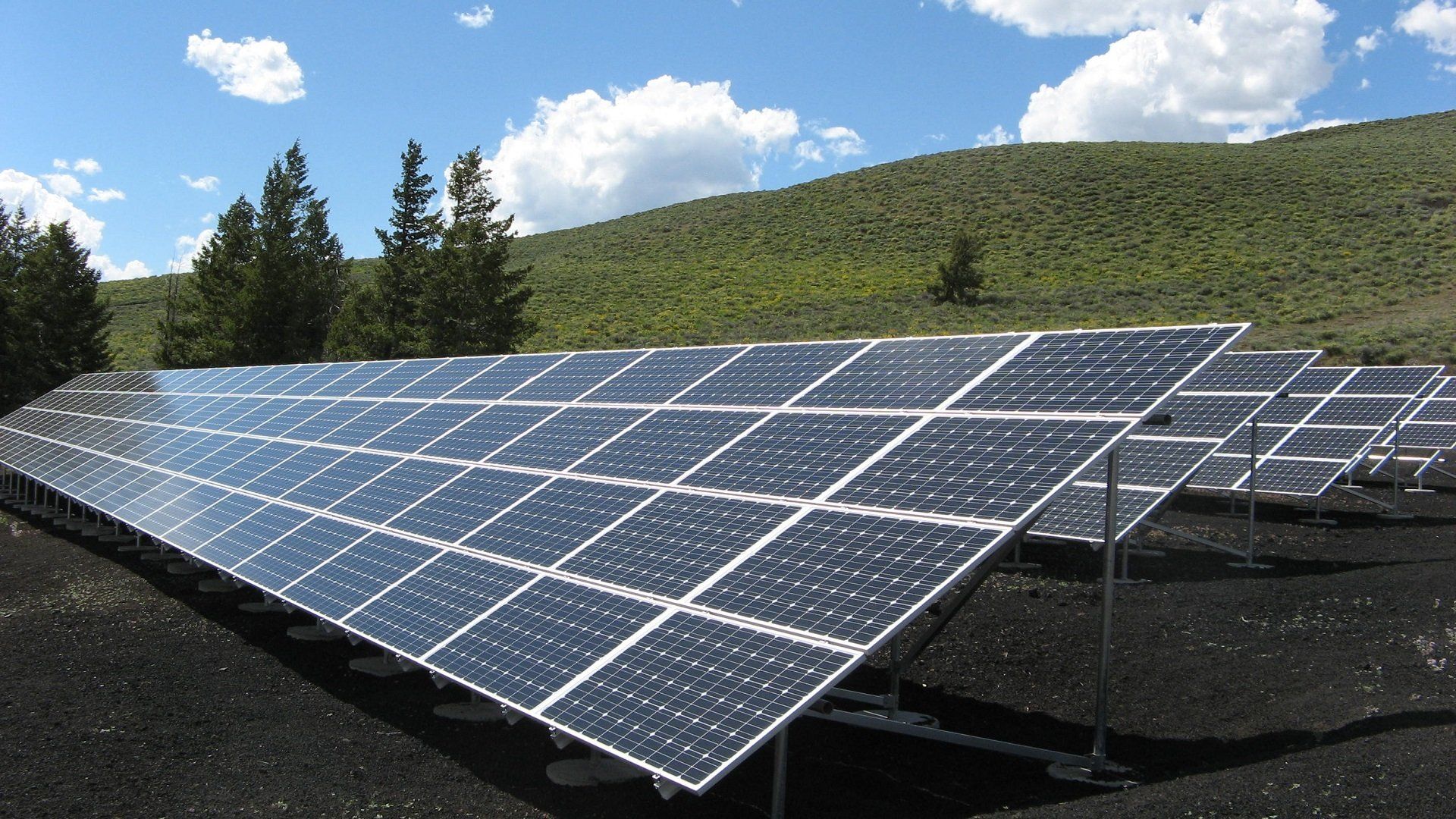The Impact of Solar Power on Your Carbon Footprint
IN an era defined by environmental consciousness, the role of renewable energy sources in reducing our carbon footprint cannot be overstated. Among these, solar power stands out as a shining beacon of sustainability. By harnessing energy from the sun, solar panels generate electricity without emitting harmful greenhouse gases. In this blog, we'll delve into how adopting solar power can significantly reduce your carbon footprint and contribute to a greener, more sustainable future.
Emissions-Free Electricity
Solar power systems harness energy from the sun through photovoltaic cells, converting sunlight directly into electricity. Unlike conventional fossil fuel-based power generation, this process releases no harmful emissions such as carbon dioxide (CO2), sulfur dioxide (SO2), or nitrogen oxides (NOx). By transitioning to solar energy, you're effectively eliminating the carbon emissions associated with traditional power sources.
Offsetting Fossil Fuel Use
The adoption of solar power reduces our dependence on fossil fuels for electricity generation. Traditionally, coal, natural gas, and oil have been the primary sources of energy. These fuels release vast amounts of CO2 and other pollutants into the atmosphere when burned. Solar power helps offset this reliance, leading to a substantial reduction in overall greenhouse gas emissions.
Mitigating Climate Change
The reduction in greenhouse gas emissions achieved through solar power usage plays a crucial role in combatting climate change. By minimizing the amount of CO2 released into the atmosphere, we help slow down the process of global warming and reduce the associated impacts on our environment, such as rising sea levels, extreme weather events, and disruptions in ecosystems.
Energy Independence
Adopting solar power empowers individuals and communities by providing a degree of energy independence. Rather than relying solely on centralized power grids, solar panels allow homeowners to generate their own electricity.
This not only provides a reliable source of power but also reduces vulnerability to power outages caused by grid failures or natural disasters.
Reduced Air Pollution
In addition to carbon emissions, traditional power generation methods release a host of pollutants into the air, including sulfur dioxide, nitrogen oxides, and particulate matter. These pollutants contribute to respiratory illnesses, smog formation, and acid rain. Solar power systems produce clean electricity, helping to improve air quality and reduce public health risks associated with air pollution.
Preserving Natural Resources
Solar power mitigates the need for extracting and burning finite fossil fuel reserves. By relying on an abundant and renewable energy source—the sun— we conserve natural resources and reduce the environmental impact of resource extraction.
Conclusion
Embracing solar power is not just a step towards a sustainable future; it's a profound commitment to reducing our environmental impact. By adopting this clean, renewable energy source, we contribute to a significant reduction in greenhouse gas emissions, alleviate the strain on natural resources, and mitigate the effects of climate change. As technology continues to advance, solar power will play an increasingly pivotal role in shaping a greener, more sustainable world for generations to come. The time to embrace solar energy is now, and the benefits extend far beyond our individual homes—they resonate throughout our communities and reverberate across the planet.








